
Introduction
The transition from secondary school represents an especially challenging period in the lives of young people, particularly girls. It is a perilous time, especially for girls from poor rural communities.
They complete secondary school to enter adulthood in a context of a dearth of employment opportunities and immense pressure to marry early or start contributing to family income, leading to them leaving home for urban centres in search of bridging opportunities. This makes girls very vulnerable and susceptible to a host of challenges which serve as impediment to their ability to achieve their fullest potential.
Creating sustainable opportunities for the youth to transition into employment and self-employment is important for ensuring that they are able to access the means for sustainable livelihoods. This is particularly important considering that Ghana's youthful (15 -35 years) population accounts for 35.9 percent of the total population out of which 40 percent receive no education at all. About 20 percent are educated to the secondary level while 3.8 percent have received tertiary education. These varying educational attainment levels have a strong bearing on the transition of youth to the world of work, be it at the secondary or tertiary level. This is because education is a key determinant for employment and self-employment.
Transition program
Over the past years, Camfed and its partners have been working with young women to forge innovative pathways to enable their successful transition from school to a secure position from which to make future choices. To address the particular challenges young people face in their transition from secondary school, Camfed Ghana, in partnership with The MasterCard Foundation, is implementing a transition program titled "Enable young women to transition from school to entrepreneurship, further study and transformative leadership in Ghana". The transition program is designed, amongst others, to enable young women to transition from school to entrepreneurship, further study, employment and transformative leadership in Ghana.
The specific objectives of the transition program are to equip young women who complete secondary school with knowledge and skills to make informed decisions on their pathways to successful livelihoods, and connect them to accessible and affordable sources of capital and financial education for business launching and growth. The program is also designed to demonstrate the positive impact of supporting educated young women during their transition to influence policy towards supporting their transition into adulthood, and empower them to play active roles in local and national development.
The design of the transition program is based on Camfed and The MasterCard Foundation's shared belief that further education, employment and entrepreneurship are some of the most viable pathways to economic security for the majority of young people. Thus, the focus is on creating the enabling environment and promoting access to new resources for young people to put them on sound footing to be able to meet the challenges that lie ahead.
The transition program will build on the foundation of quality secondary school education to support young women to make a successful transition to further study, entrepreneurship or work, including tailored advice on careers and support for university applications. It will hinge on structures and partnerships developed over the years of educating girls and empowering young women across the country. It will specifically build on the Financial Literacy and Entrepreneurship (FLT) components of the Investing in Leaders of Change Program, the Wellbeing Program, Career Guidance and Teacher Mentoring Programs.
Training programme
The transition program encompasses a training programme with modules that will be delivered by young women with support from Camfed and a range of other partners. It will offer the young women support during the vulnerable transition period from secondary school into adulthood and help them to pursue meaningful careers whether they choose to set up a business, seek employment or further their education. Through the transition program, secondary school graduates will continue to receive support from Camfed and partners through a programme designed to help them access post-school opportunities, navigate post-school challenges and improve their life chances. The school leavers will be given training on modules such as wellbeing skills to cope with the pressures of life after school, sexual and reproductive health and women's rights, financial education for financial inclusion, core business skills, career pathways and citizenship.
To set the tone for broad discussions around the subject of transition support for out-of-school youth as basis for addressing policy and implementation gaps, a learning summit will be held in May at the University of Ghana. It will examine the range of existing institutionalized and ad-hoc programs being implemented by government, civil society/NGOs as well as the private sector for the purpose of preparing school leavers to transition smoothly into entrepreneurship, employment and further education.
Background
Camfed Ghana has since 2014 implemented the Scholars Program with funding from The MasterCard Foundation. The Scholars Program is a 10-year partnership between The MasterCard Foundation and Camfed which seeks to provide comprehensive support to academically-gifted young women in the rural communities within Camfed's operational regions. The MasterCard Foundation believes that all young people, no matter their starting point in life, should have an equal chance to obtain a quality education and pursue their aspirations. We are providing education and leadership development for over 30,000 bright, young leaders with a deep personal commitment to changing the world around them and improving the lives of others. Through a network of universities and non-governmental organizations, the Scholars Program ensures that students, whose academic talent and promise exceed their financial resources, are equipped with the knowledge and skills they need to become the next generation of ethical leaders. These young people will create change that matters within their communities and will usher in a new era of inclusive prosperity in Africa and beyond.
Read Full Story
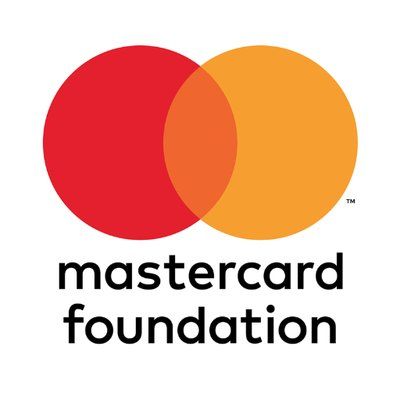

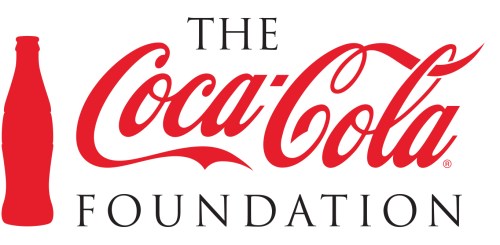
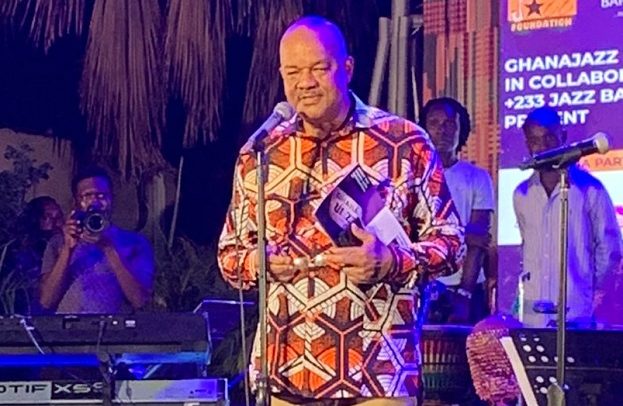
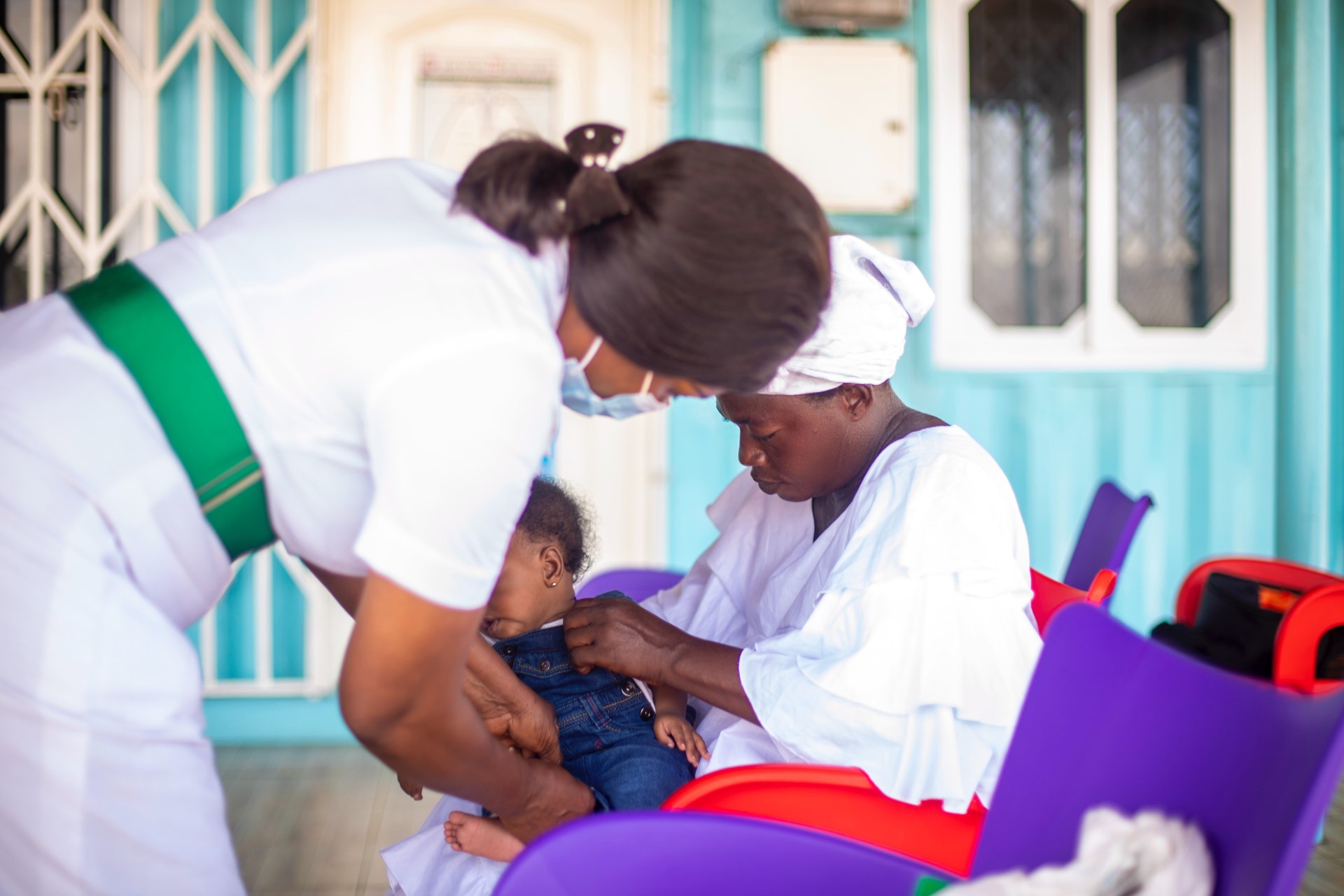
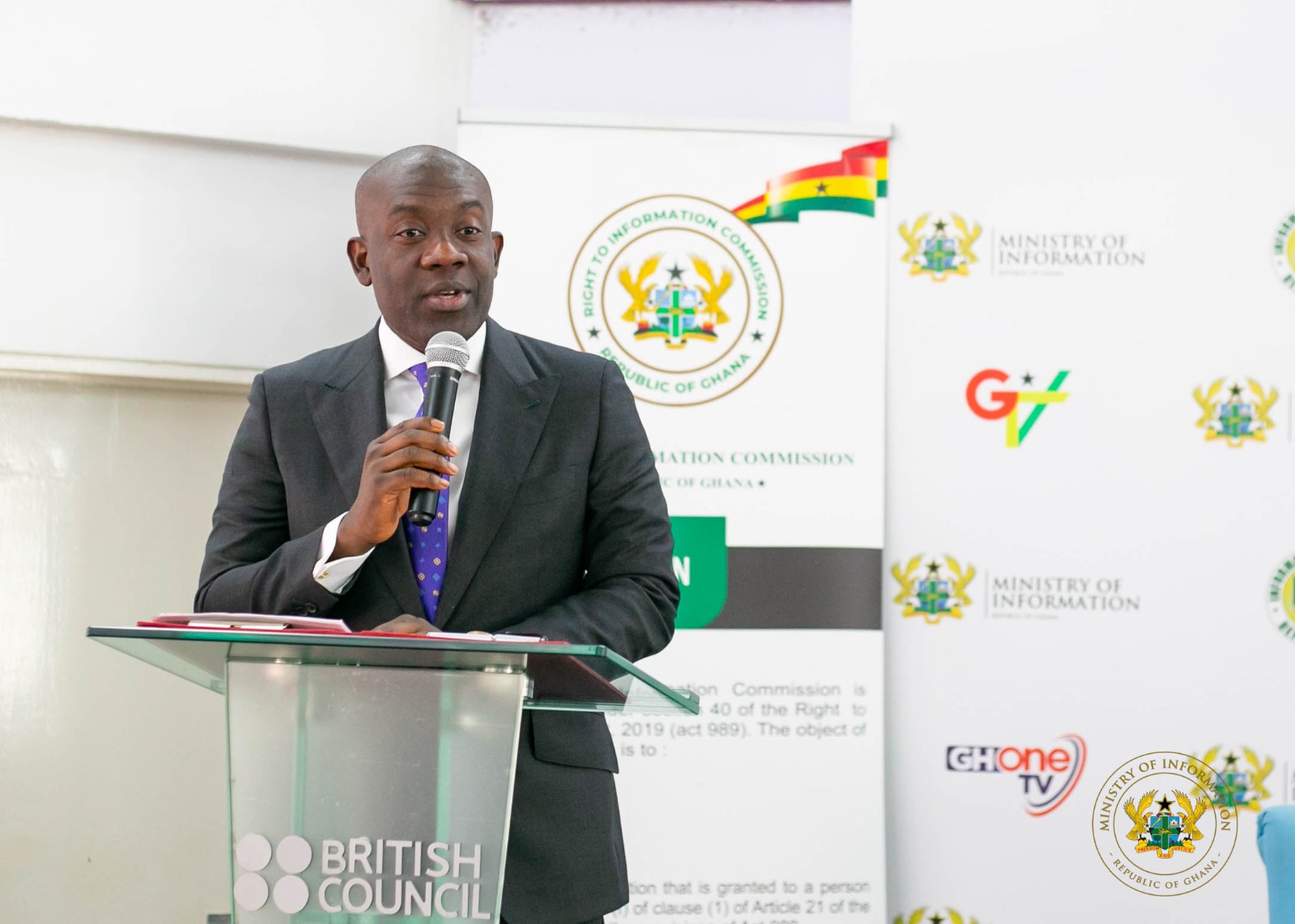



















Facebook
Twitter
Pinterest
Instagram
Google+
YouTube
LinkedIn
RSS